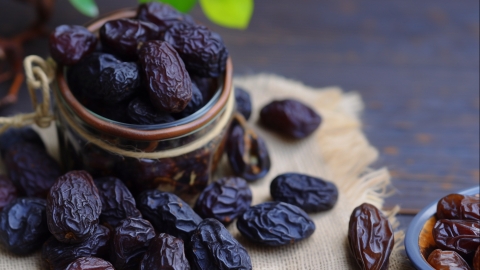Should patients with liver disease eat more black plums?
Generally, patients with liver disease are not advised to eat large amounts of black plums (Prunus mume), but moderate consumption is acceptable. The detailed explanation is as follows:

Black plums contain various nutrients that offer certain health benefits. They are rich in organic acids, such as citric acid, which can stimulate gastric juice secretion to some extent, aiding digestion and thereby reducing the burden on the liver during the digestive process. Additionally, black plums have antioxidant properties; the polyphenols they contain can combat free radicals and reduce damage to liver cells.
However, due to their sour taste, excessive consumption of black plums may cause overproduction of gastric acid, leading to gastrointestinal discomfort and indirectly affecting normal liver function. Moreover, excessive intake of black plums may increase the liver's metabolic burden due to their acidic components.
It is important to maintain a balanced diet in daily life, consuming a variety of nutrient-rich foods including high-quality proteins, carbohydrates, vitamins, and moderate amounts of fat, rather than relying heavily on a single type of food. Additionally, adequate rest is essential to support the liver's self-repair and detoxification functions.




